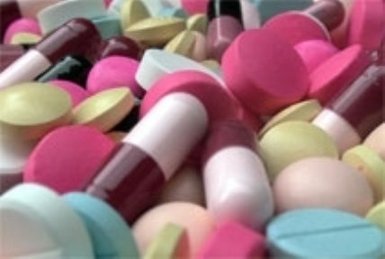每個(gè)人都知道“酒駕”很危險(xiǎn),而且,現(xiàn)在“酒駕”還有可能讓你坐牢。不過(guò),細(xì)心的人應(yīng)該也注意到不少藥物的說(shuō)明書里都明確提示“服用藥物后不能駕車或高空作業(yè)”。由此可以看出,“藥駕”其實(shí)也是很危險(xiǎn)的。大家平時(shí)要注意哦!

Drug driving means driving a motor vehicle while under the influence of drugs other than alcohol.
“藥駕”(drug driving)指服用藥物之后駕駛機(jī)動(dòng)車的行為,與“酒駕”有相似之處。
Driving whilst under the influence of drugs is extremely dangerous and can affect driving in numerous ways.
在藥物影響下駕駛機(jī)動(dòng)車是非常危險(xiǎn)的行為,會(huì)從多方面影響到駕駛狀態(tài)。
Drug drivers can suffer from slower reaction times, erratic and aggressive behavior, an inability to concentrate properly, nausea, hallucinations, panic attacks, dizziness and fatigue. In such a condition, it is a bad idea to be behind the wheel of a car, for the driver and their passengers.
受藥物影響的駕駛員反應(yīng)速度會(huì)變慢,會(huì)有反復(fù)無(wú)常且?guī)в泄粜缘男袨椋⒁饬o(wú)法集中,惡心、會(huì)產(chǎn)生幻覺(jué)、甚至伴有恐慌癥發(fā)作,有眩暈感和疲憊感。在這種情況下,無(wú)論對(duì)駕駛者本人和乘客來(lái)說(shuō),開(kāi)車都不是明智之舉。
相關(guān)閱讀
實(shí)時(shí)“地理定位” geolocation
(中國(guó)日?qǐng)?bào)網(wǎng)英語(yǔ)點(diǎn)津 Helen 編輯)
點(diǎn)擊查看更多英語(yǔ)習(xí)語(yǔ)和新詞
